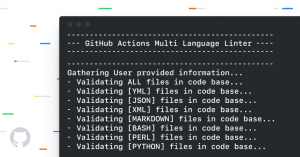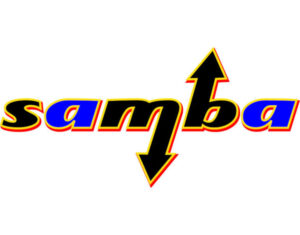Commentary: Open source is a great way for a developer to build her personal brand–it turns out it’s good for employers, too.

Image: Getty Images/iStockphoto
I hate to break this to you, but you’re not getting a pension from your startup. Nor from your Fortune 500 tech giant. In fact, on average, you’re likely to stay with your tech employer for five years, on average. Long enough to vest your shares, but not long enough to bother getting the tattoo. (Yes, I know some still get the tattoo.)
Such brevity of tenure is a good reason to write more open source code. Not only do open source contributions make you a more interesting job candidate, they also ensure the work you do doesn’t get stuck behind the corporate firewall.
SEE: How to build a successful developer career (free PDF) (TechRepublic)
Independent study
That’s one takeaway from discussions I’ve had recently with a range of open source project maintainers. Open source offers developers a way to keep working on the things they love, even after they’ve swapped one corporate badge for another. For example, Simon Willison, founder of the Datasette project, said, “Datasettete is aggressively open source for a bunch of [mostly] very selfish reasons. I’ve worked on closed source stuff a lot in my career, and you don’t get to use it again in the future. If you build it within a company, and you leave the company, you can’t use it anymore.”
It can be very satisfying to build a proprietary product. There are bragging rights associated with saying, “You know that feature you use in Microsoft Office? I wrote that.” But for some developers, there’s both pleasure and power with being able to work on a particular project even as they move between employers. It grants a certain measure of independence.
And, of course, it’s more than that.
In addition, Willison said, open source gives him a “creative outlet…almost a way of blowing off steam.” It’s a way to keep building things he loves, even if at times he has to write code simply for the paycheck. Jens Axboe, founder of the Fio project, agreed, saying that open source can offer “a little break…because it[‘s] just fun and…liberating.”
When the developer’s interest collides with their employer’s
Why would a company want to enable that kind of freedom for its employees? Well, there’s the obvious recruitment and retention angle, but there’s also the fact that open source can be a potent way for developers to hone their skills. According to a Stack Overflow survey, roughly 75% of developers learn a new technology at least annually. Many of those technologies that they’re learning are open source, and the best way to learn a project may be to contribute to it in some way.
Jim Bailey, founder of the wildly popular OBS project, is a self-taught programmer. But by working with a community of differently skilled individuals, he said, “It’s amazing how having so many eyes on something can help elevate it to a level that you just would have never expected.” Not just the particular open source project, he elaborated, but also his software development practices and talents. Open source has helped him better program for other people, to understand their needs and write code to support those needs.
Open source, in other words, can create more well-rounded, empathetic programmers. This is good for you, as a developer, and it’s good for the employers who will want to hire you. More open source, please.
Disclosure: I work at AWS but this article reflects my views, not those of my employer.
Also see
Source of Article



